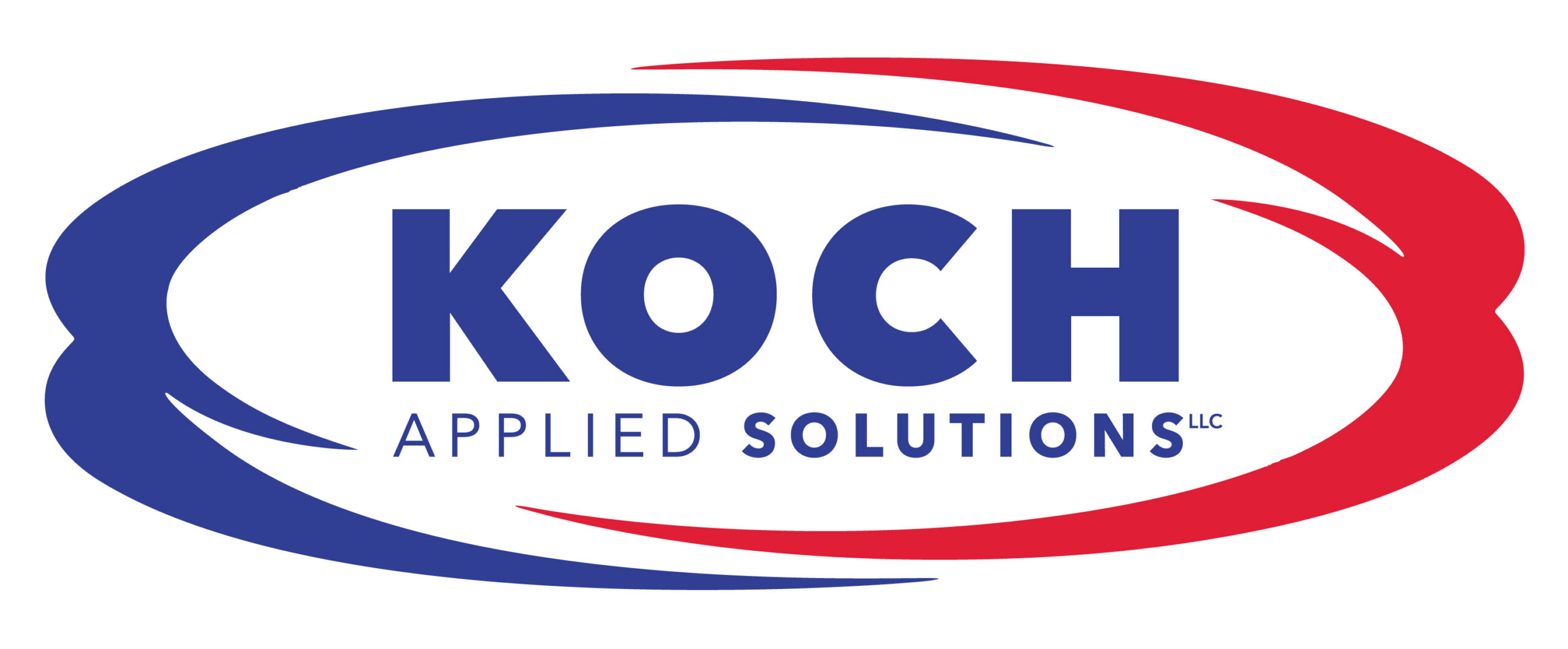Piping and feedwater systems are the arteries of industrial processes, enabling the safe and efficient transport of fluids in various industries. Feeding plant steam boilers is an example of a process that relies on optimal flow in piping and feedwater systems. However, lurking within these seemingly sturdy systems is a hidden menace known as flow accelerated corrosion or “FAC.” This hidden form of corrosion has the potential to cause unexpected failures, leading to potentially disastrous consequences.
Understanding Flow Accelerated Corrosion
Flow accelerated corrosion is a type of localized corrosion that occurs due to fluid flow and chemical reactions on the internal surfaces of pipes and equipment. It typically affects carbon steel piping and feedwater systems operating under certain conditions. Flow accelerated corrosion is characterized by the rapid thinning of pipe walls in specific areas, which can lead to leaks, ruptures, and failures.
Causes of Flow Accelerated Corrosion
Flow accelerated corrosion is influenced by various factors, including fluid velocity, temperature, pH, material composition, and impurities in the fluid. When high-velocity fluid flows through the pipe, it creates turbulence, which alters the chemical environment and accelerates the corrosion process. The corrosion is often initiated by the presence of dissolved oxygen or other corrosive agents in the fluid, which interact with the metal surface in the presence of high flow rates.
Detection and Monitoring of Flow Accelerated Corrosion
Detecting flow accelerated corrosion early is crucial to prevent system failures. Regular inspections and monitoring are essential to identify signs of thinning or localized corrosion in pipes and feedwater systems. Non-destructive testing methods, such as ultrasonic thickness measurements, radiography, and magnetic particle testing, can help assess the extent of corrosion without causing disruption to operations.
Prevention and Mitigation of Flow Accelerated Corrosion
The prevention of flow accelerated corrosion involves a combination of water chemistry management, materials selection, and maintenance practices. Some mitigation strategies include:
Materials Selection
Choose corrosion-resistant materials for piping and equipment in locations where FAC has been encountered or is expected. Stainless steels and corrosion-resistant alloys are often used in critical areas prone to flow accelerated corrosion.
Flow Control
Optimize fluid flow rates to reduce turbulence and control velocity. Flow restrictors, baffles, and changes in piping configuration and sizing can help manage these flow dynamics.
Water Chemistry Management
Maintain proper water chemistry by controlling pH levels, dissolved oxygen, and impurities to significantly reduce the corrosive environment within the system.
Regular Inspection and Maintenance
Inspection and maintenance allow for early detection and mitigation of corrosion-related issues. Regularly monitor pipe thickness to identify areas of concern.
Lathrop Trotter: The Piping and Feedwater Systems Experts
Flow accelerated corrosion in piping and feedwater systems can have severe consequences, including unexpected shutdowns, leaks, environmental hazards, and safety risks. The team at Lathrop Trotter can assist with designing and upgrading piping and feedwater systems to mitigate the risk of flow accelerated corrosion. Contact us to discuss your project.
Questions? Your Lathrop Trotter sales engineer can help! Contact Us




